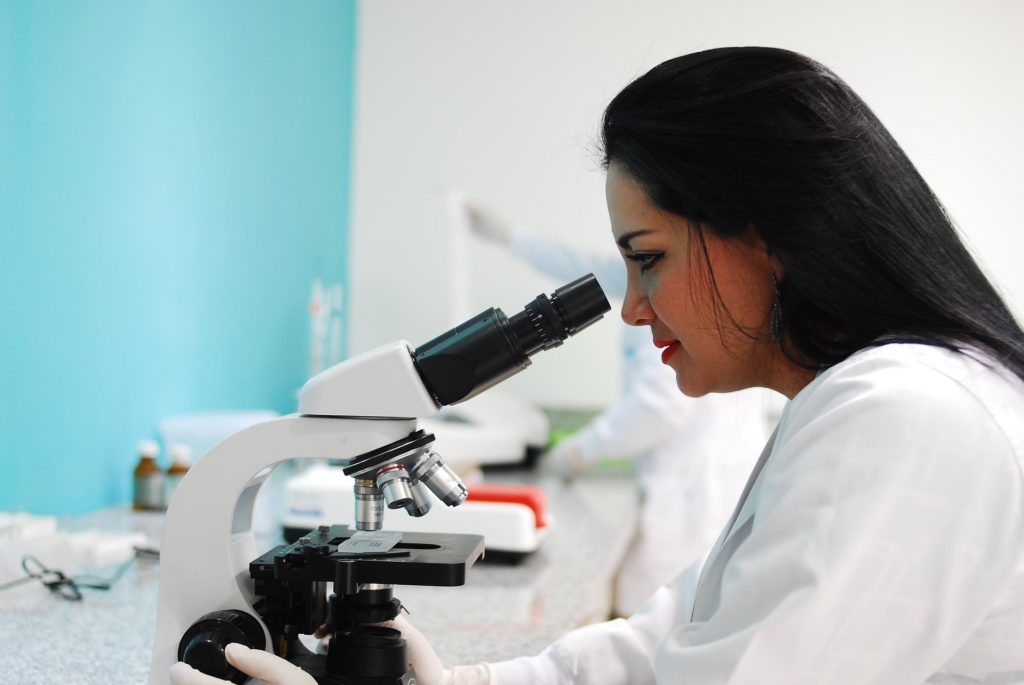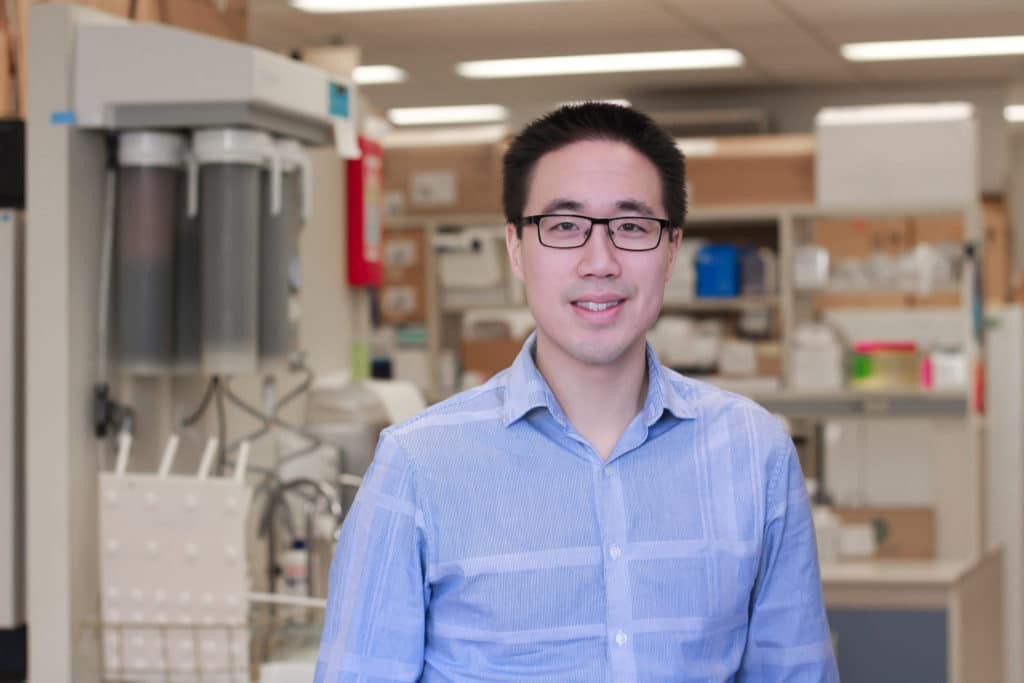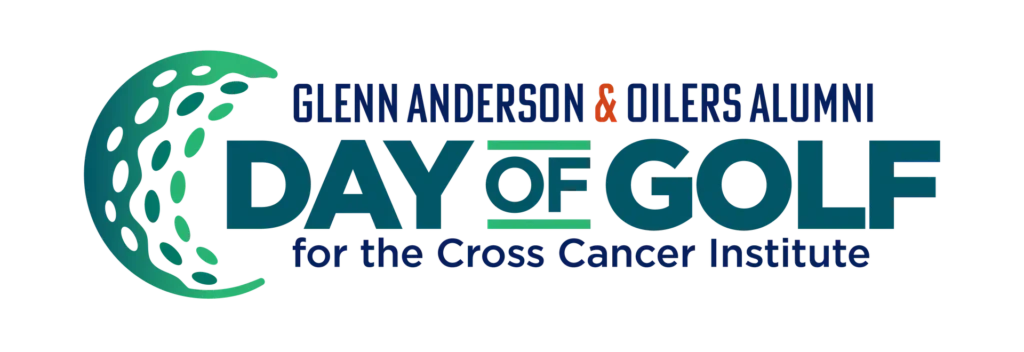The Cause | Immunotherapy
Why We Are Raising Money: Bringing Life-Saving Immunotherapy Equipment Home to Alberta
Right now, CAR T-cell immunotherapy is one of the most promising cancer treatments available, but it requires Alberta patients to have their cells sent out of province for processing. It’s costly, slow, and limits access.
With your help, the Cure Cancer Foundation is raising $2.5 million by fall of 2026 to purchase the critical equipment needed to bring this therapy home to the Cross Cancer Institute. This state-of-the-art technology will allow scientists and clinicians to create personalized, cancer-fighting immune cells right here in Edmonton. This treatment will be faster, safer, and at a fraction of the current cost.
Together, We Are Making Incredible Progress
Thanks to the generosity of donors across our community, over $900,000 has already been raised through 2025 fundraising efforts, putting us well on the way toward the $2.5 million goal. Every donation brings us closer to delivering cutting-edge cancer treatment directly to the patients who need it most.
Thank you for helping bring this future to life.
Your donation will help fund:

- 4 CliniMACS Prodigy units to manufacture CAR T-cells for treatment and research
- MACSQuant Analyzer for quality control and analysis of the modified cells
- QuantStudio 12K Flex for working with DNA and building cell therapies
- xCELLigence eSight Platform to test multiple treatment prototypes simultaneously, speeding up research and saving lives
Your support isn’t just funding equipment.
It’s fueling possibility. It’s accelerating hope. It’s helping cure cancer—one cell, one patient, one discovery at a time.
Advancing Immunotherapy in Alberta
Cancer is a severe threat to anyone unfortunate enough to contract the disease. It’s not a comic book villain that a super soldier can easily vanquish. But what if our bodies could be taught to develop super soldier cells capable of destroying cancer? This is what Dr. Michael Chu’s made-in-Alberta immunotherapy program aims to do.
Donations raised from both Cure Cancer Foundation events, Day of Golf and Toast of the Town, will go toward building two new state-of-the-art labs and advancing immunotherapy research and treatment in Alberta.
“Our goal is to ensure as many patients as possible have access to this potentially lifesaving therapy and we can truly change the treatment options for generations to come”.
Dr. Michael Chu, clinician scientist, Cross Cancer Institute

What is Immunotherapy?
Dr. Chu explains, “Immunotherapy is a new way of attacking cancer.” This method differs from the traditional treatment options that have been available for the last 50 years: surgery, chemotherapy and radiation. “For cancer to develop, it would have to overwhelm the patient’s immune system to begin with,” continues Dr. Chu. Immunotherapy aims to reinvigorate the immune system into fighting cancer cells again. However, this idea has had its challenges. “Exciting the immune system means that the immune system has to be capable of recognizing cancer in the first place, which is why there are many variations of immunotherapy,” Dr. Chu explains.
What is Car-T Cell Immunotherapy?
Chimeric antigen receptor (CAR) T-cell therapy takes the patient’s T-cells and genetically manipulates them to add chimeric antigen receptors onto them. This acts as a new barcode reader, helping the T-cell recognize cancer and activating the T-cell. Once the immune system can identify cancer cells again, the host has a better chance of fighting the disease.
CAR T-cells recognizing these cancer cells have led to cures in multiply relapsed acute lymphoblastic leukemia (ALL) and aggressive non-Hodgkin lymphoma (NHL). By utilizing CAR T Cells, a group of patients who would typically be palliative will have a serious chance.
“CAR T-cell therapy has been able to cure roughly half of the patients that we’ve been able to give it to, in patients that have no chemotherapy or other treatments available to them,” explains Dr. Chu.
The response rate of Car T-cell therapies is 80%
More patients treated:
current systems only
treat one patient per
month. Your support will
enable us to treat at
least 12 patients a
month.
Existing commercial and
cellular therapy product
costs are high. In-house
manufacturing reduces
the cost of each
treatment by 90%.
We have an opportunity
to treat approximately
120 patients every year
that wouldn’t otherwise
have access to this
treatment.
